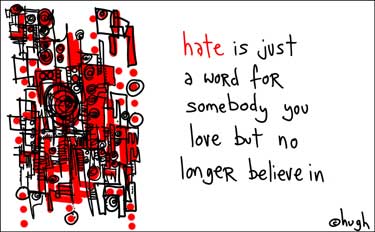CNN reports that Art Buchwald has died. Why this is in the entertainment section I don’t know for he was in many ways a much a journalist as Cronkite or Murrow.
Buchwald approached politics with the humorous derision it deserves and helped me, at least, not take it all so seriously.
A quiet nod for a decent man of perspective.
